Imagine this: you’re calling your cat for dinner, shaking the treat bag, searching under the bed, and still—no sign. Minutes turn into hours, and just as worry creeps in, your cat strolls out from a mysterious hiding spot, utterly unbothered. For indoor cat owners, these vanishing acts are both mystifying and nerve-wracking. What are our feline friends really up to when they disappear? Let’s dive deep into a cat’s secret world and unravel why they vanish for hours, even within the safety of our homes.
The Call of Curiosity: Cats as Natural Explorers
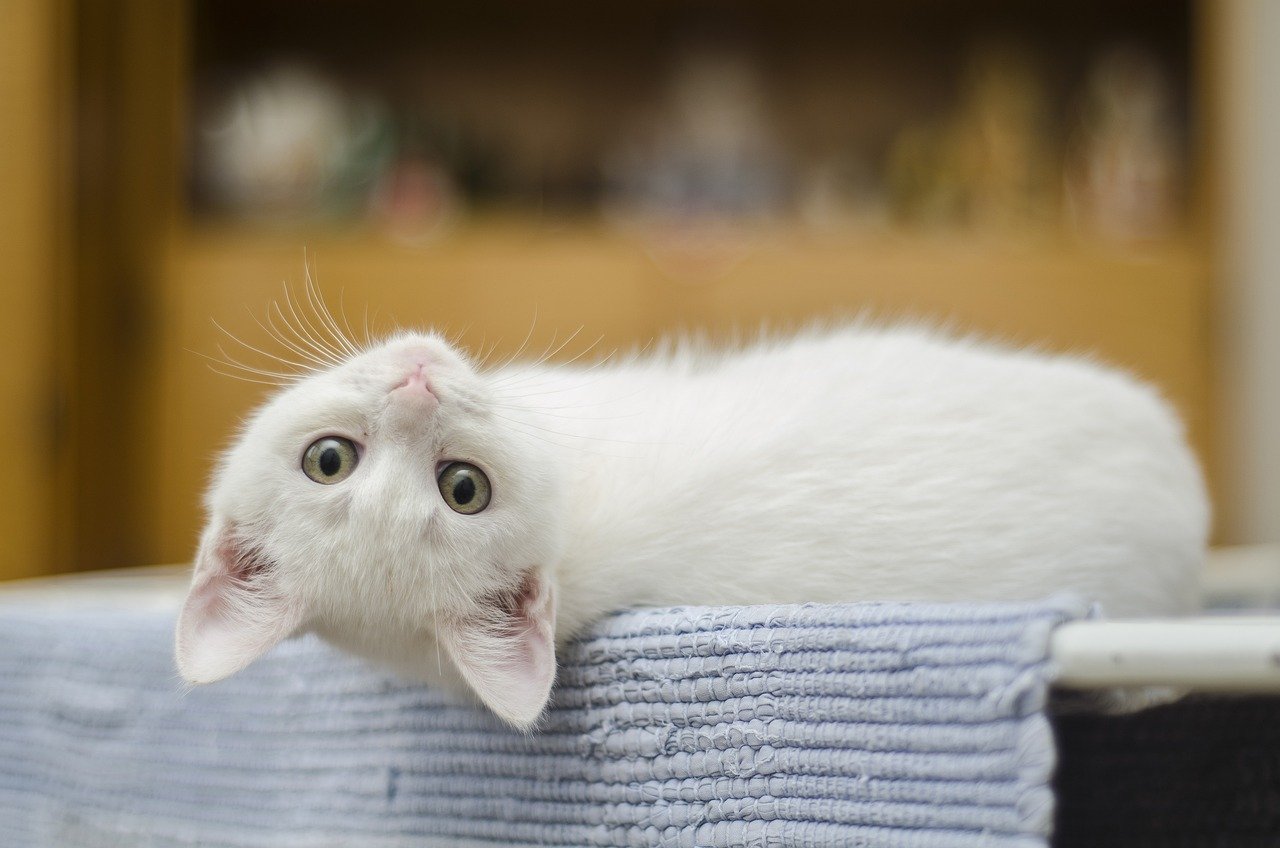
Cats are hardwired to explore. Even if your home is just a tiny apartment, to a cat it’s a sprawling jungle of scents, sounds, and secret passageways. Their sharp senses pick up the tiniest movement or the faintest smell, sparking their curiosity. This drive isn’t just for fun—it’s instinct. In the wild, a curious cat is a surviving cat. Indoors, this means squeezing behind the washing machine or checking out the mysterious space behind the sofa. Every nook and cranny becomes a new land to discover. Their curiosity keeps their minds sharp and their lives interesting. For cats, disappearing is part adventure, part necessity.
Hunting Instincts Never Sleep
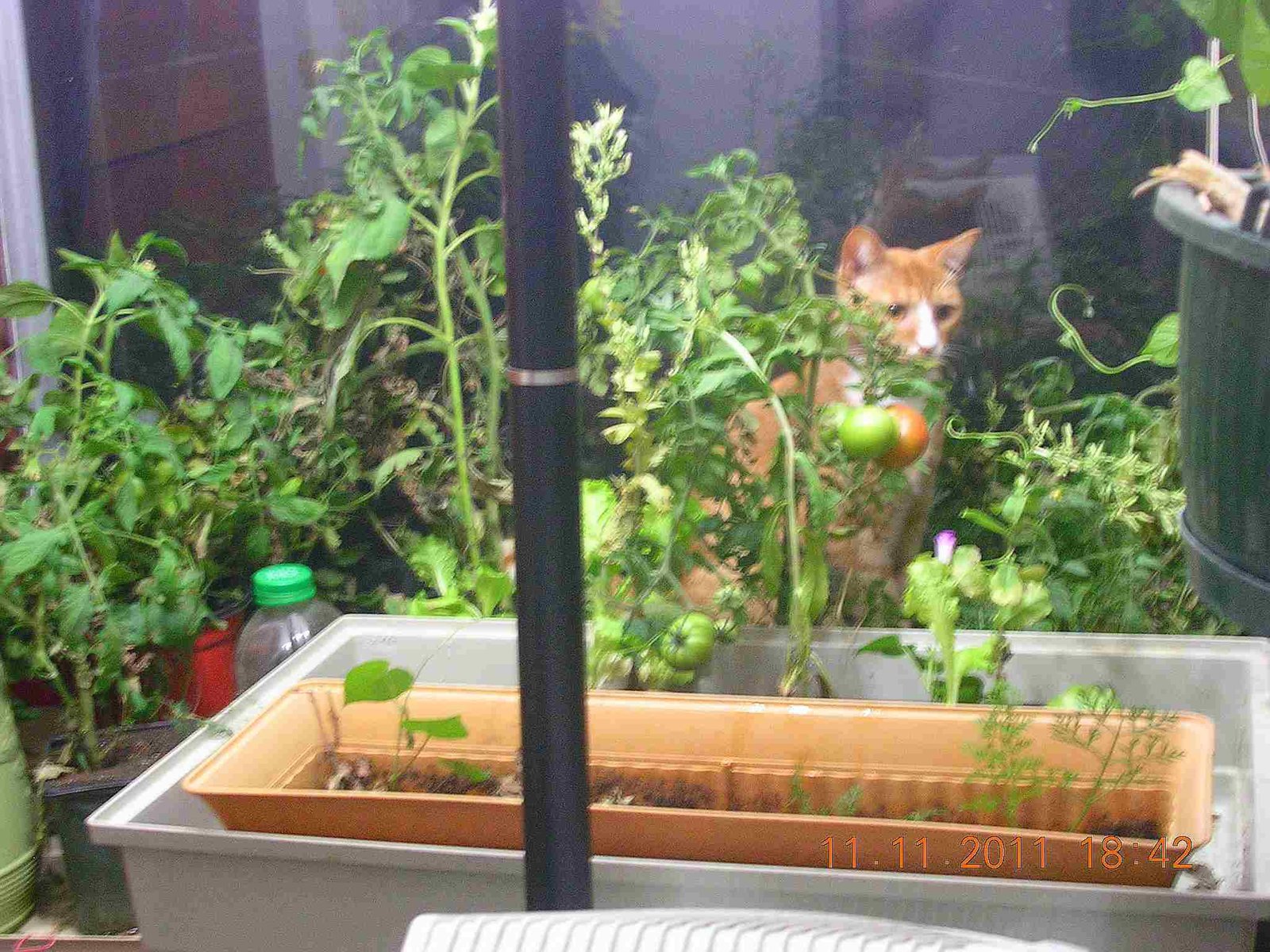
Even the laziest lap cat has a silent hunter inside. Indoor cats may not chase real prey, but their instincts remain strong. You’ll find them stalking dust bunnies, pouncing on shadows, or waiting motionless under furniture. This “disappearance” is often a private hunt, where your cat is practicing the skills their ancestors perfected. They might crouch under the bed, fixated on an imaginary mouse. These invisible hunts can last for hours, and when your cat emerges, they may seem especially pleased with themselves. This behavior is not just play—it’s deeply fulfilling for them.
Seeking Solitude: Alone Time Is Essential

Unlike dogs, cats need alone time to recharge. Just like people who need a quiet break, cats have moments where they crave solitude. They’ll slip away to a hidden spot, curl up, and take a breather from the hustle and bustle of home life. Whether it’s a closet, a cardboard box, or a sliver of sunlight under a table, these hideaways are their personal sanctuaries. This isn’t a sign of unhappiness; it’s a healthy sign that your cat feels safe enough to relax alone. When they’re ready, they’ll return, refreshed and ready for affection.
Comfort in Hiding: Coping with Stress
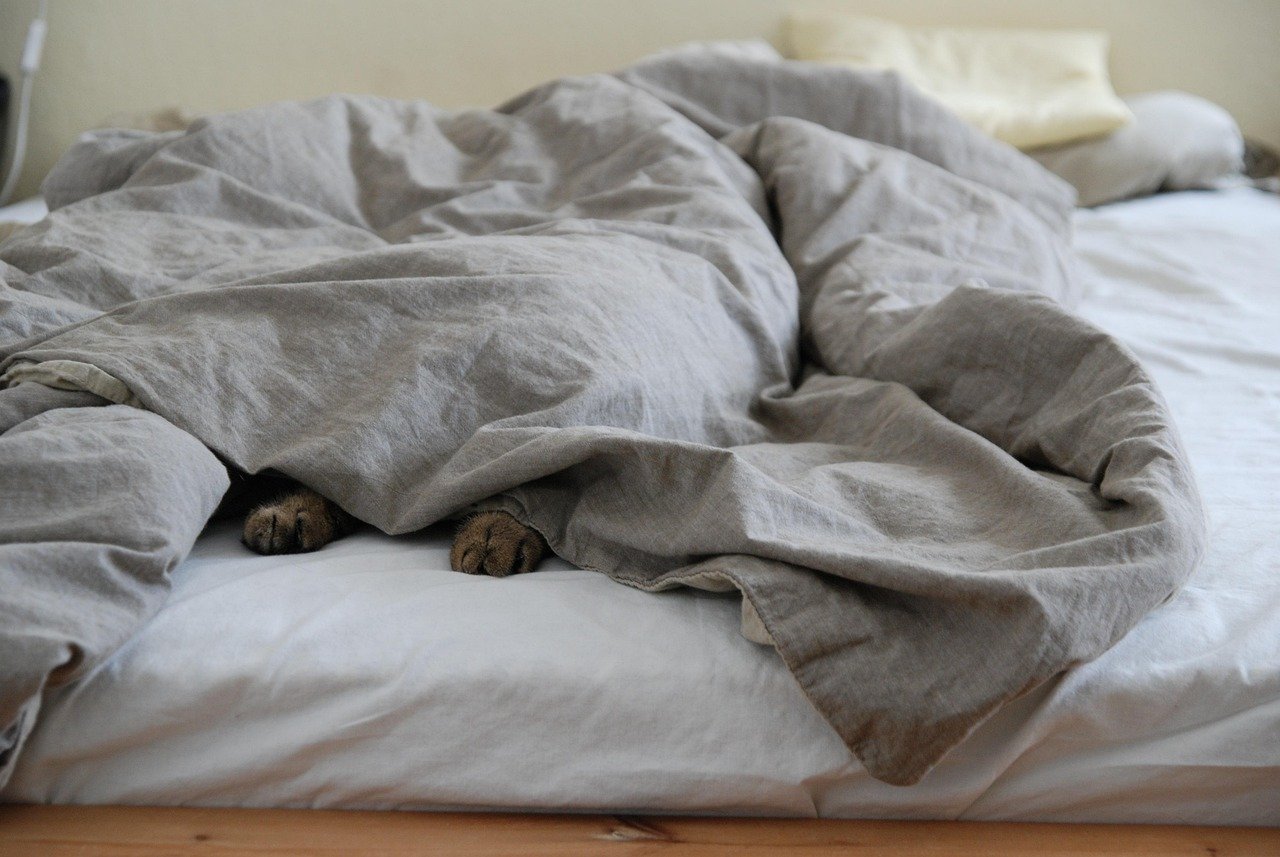
Cats are sensitive to changes in their environment. New smells, loud noises, or visitors can send them running for cover. Hiding is their way of managing stress, much like how we might retreat to our bedroom after a tough day. If your cat vanishes when you’re hosting a party or rearranging furniture, they’re likely seeking comfort and safety. Their chosen hiding spots become like cozy fortresses where they can calm down and regain their composure. This behavior is rooted in self-preservation and is nothing to worry about unless it becomes excessive.
The Tantalizing Allure of Small Spaces
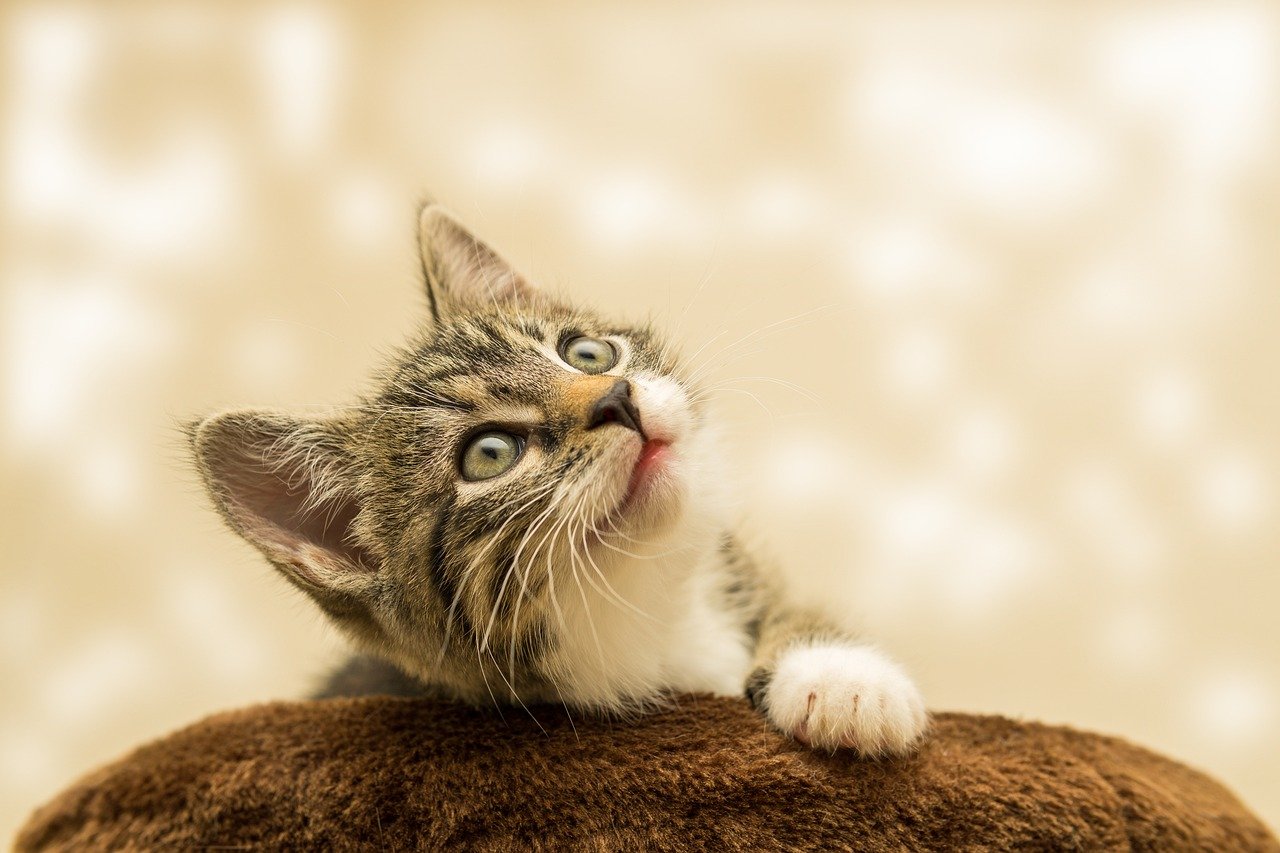
If you’ve ever found your cat squeezed into a shoebox or wedged behind curtains, you know how much they love tight spots. Small spaces make cats feel protected. In the wild, a narrow crevice is a safe place to nap without being noticed by predators. Indoors, these spots serve the same purpose. The pressure on their bodies can even help reduce anxiety, much like a weighted blanket does for people. Your cat’s urge to squish into unlikely places is natural and comforting for them, which is why they might disappear for hours into a seemingly impossible nook.
Following the Sun: Chasing Warmth and Comfort

Cats are world-class nap enthusiasts, and they’ll follow the sun around your home like solar-powered devices. If you lose track of your cat, check the warmest window sill or the sunniest patch on the floor. Warmth isn’t just cozy—it’s essential for a cat’s comfort and health. Their body temperature is slightly higher than ours, and basking in sunbeams helps them stay toasty. This search for warmth can lead them to unexpected places, where they’ll happily snooze for hours, oblivious to your calls.
Nighttime Adventures: The Midnight Zoomies

Have you ever been startled awake by the thunderous sound of your cat racing around the house at 2 a.m.? Cats are crepuscular, meaning they’re most active at dawn and dusk. While you’re sleeping, your indoor cat sees the quiet house as the perfect playground. They’ll dash, leap, and explore every corner, sometimes disappearing into their favorite night-time hideouts. These midnight escapades are part of their natural rhythm and help them burn off energy. If your cat disappears during these hours, they’re likely just on a secret adventure.
Mapping Their Territory: Patrols and Scent Marking

Cats are territorial creatures. Even inside, they patrol their domain like tiny, four-legged security guards. They have routines, checking out windows, doorways, and favorite furniture. As they wander, they rub their faces and bodies on surfaces, marking their territory with scent glands. This invisible scent trail reassures your cat that they’re in control of their space. These patrols can take time, and while they’re out of sight, they’re busy maintaining order in their kingdom. It’s their way of feeling safe and at home.
Listening to Their Senses: Sounds We Don’t Hear
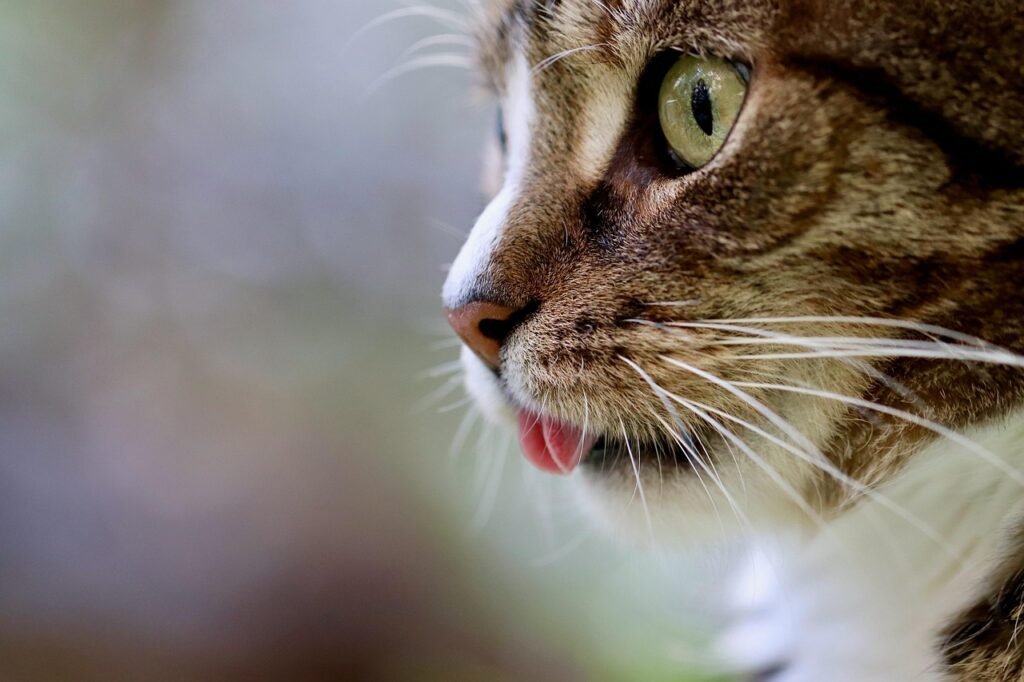
Cats have hearing far superior to ours. They pick up high-pitched noises, the hum of electronics, or even the skittering of unseen bugs. Sometimes, your cat will disappear to investigate a noise only they can hear. They might crouch in a closet or press against a wall, completely absorbed. What seems like a random vanishing act is often a focused investigation. Their world is filled with sounds and sensations beyond our perception, and following these mysteries can keep them busy—and invisible—for hours.
Obsessed with Observation: Watching Without Being Seen
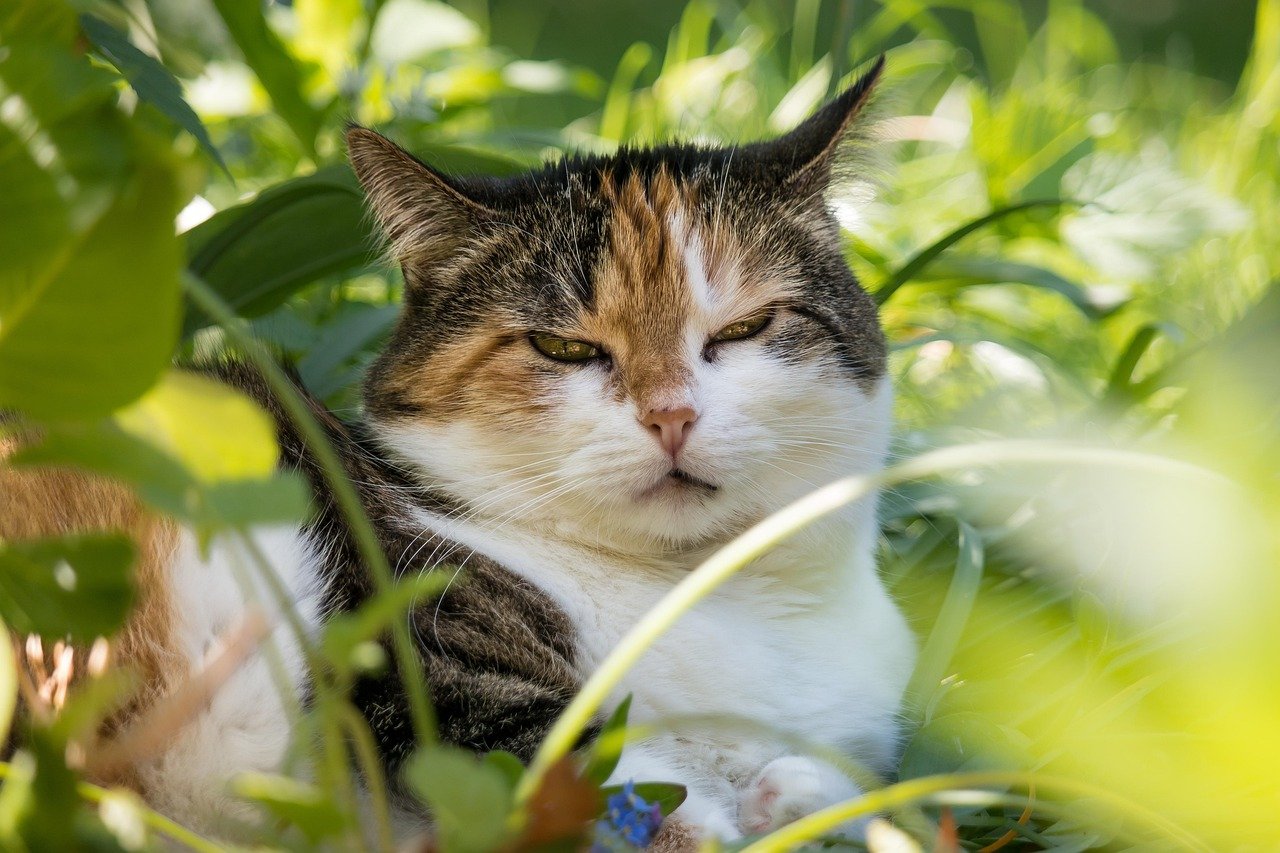
Cats are born observers. They love to watch the world from a safe distance, hidden where they can’t be seen. This could mean perching on a high shelf, hiding behind a curtain, or peeking from under furniture. From these vantage points, your cat can monitor everything happening in their territory without being involved. For them, it’s like watching TV—endlessly fascinating and completely absorbing. Their disappearances often mean they’re indulging in some serious people-watching, bird-watching, or simply observing their domain.
Chasing Shadows: The Joy of Imagination
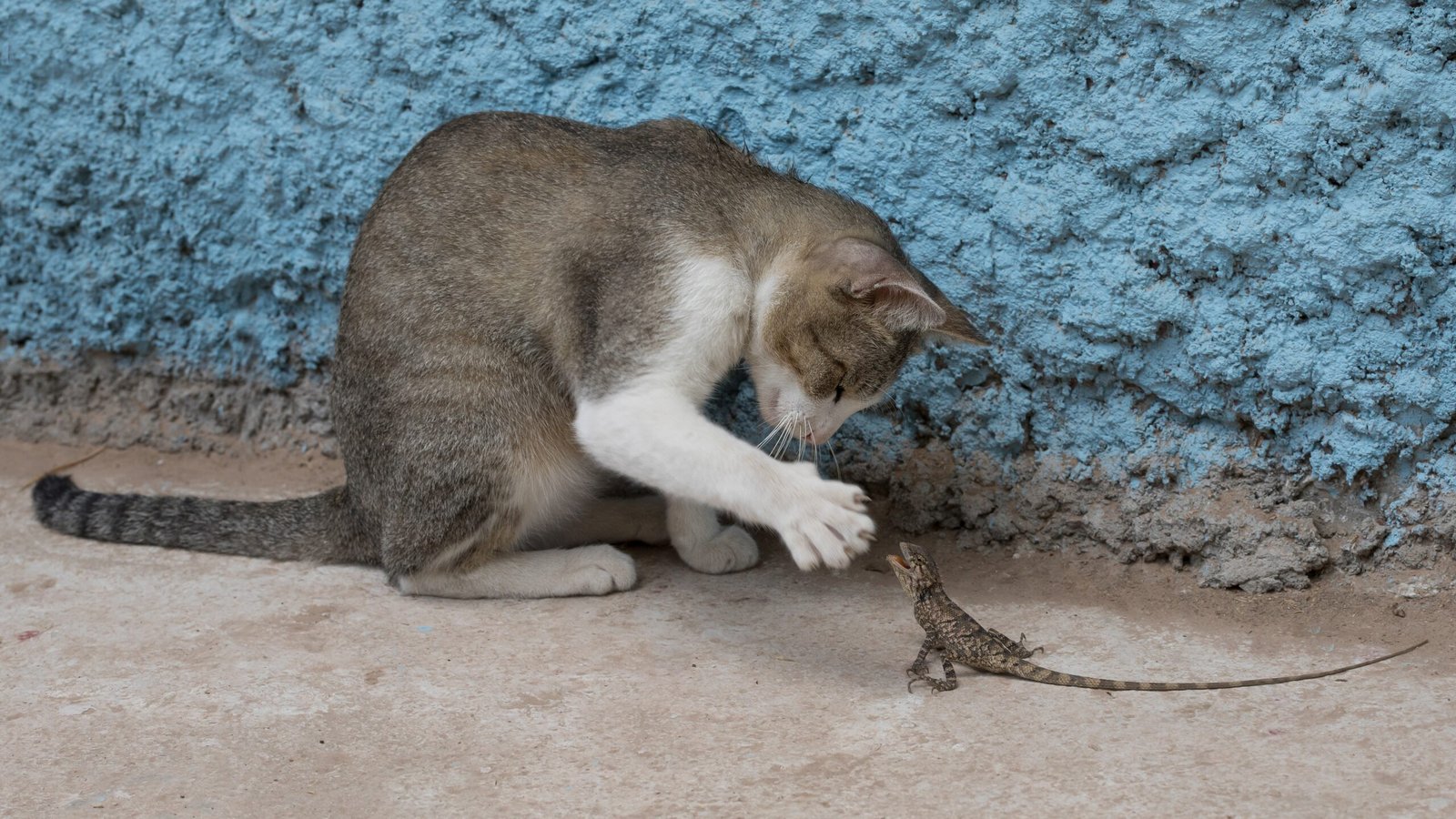
Sometimes, your cat isn’t responding to anything real—they’re simply entertaining themselves. A flicker of light, a drifting dust mote, or a moving shadow is enough to send them into a trance. They may disappear into a room to chase a patch of sunlight, leap at moving curtains, or pounce on imaginary prey. Their imagination is vivid, and these games are deeply satisfying. Cats don’t need toys to keep themselves entertained; their own minds provide endless amusement, leading them to vanish for hours in pursuit of invisible fun.
Recuperating with Deep Sleep
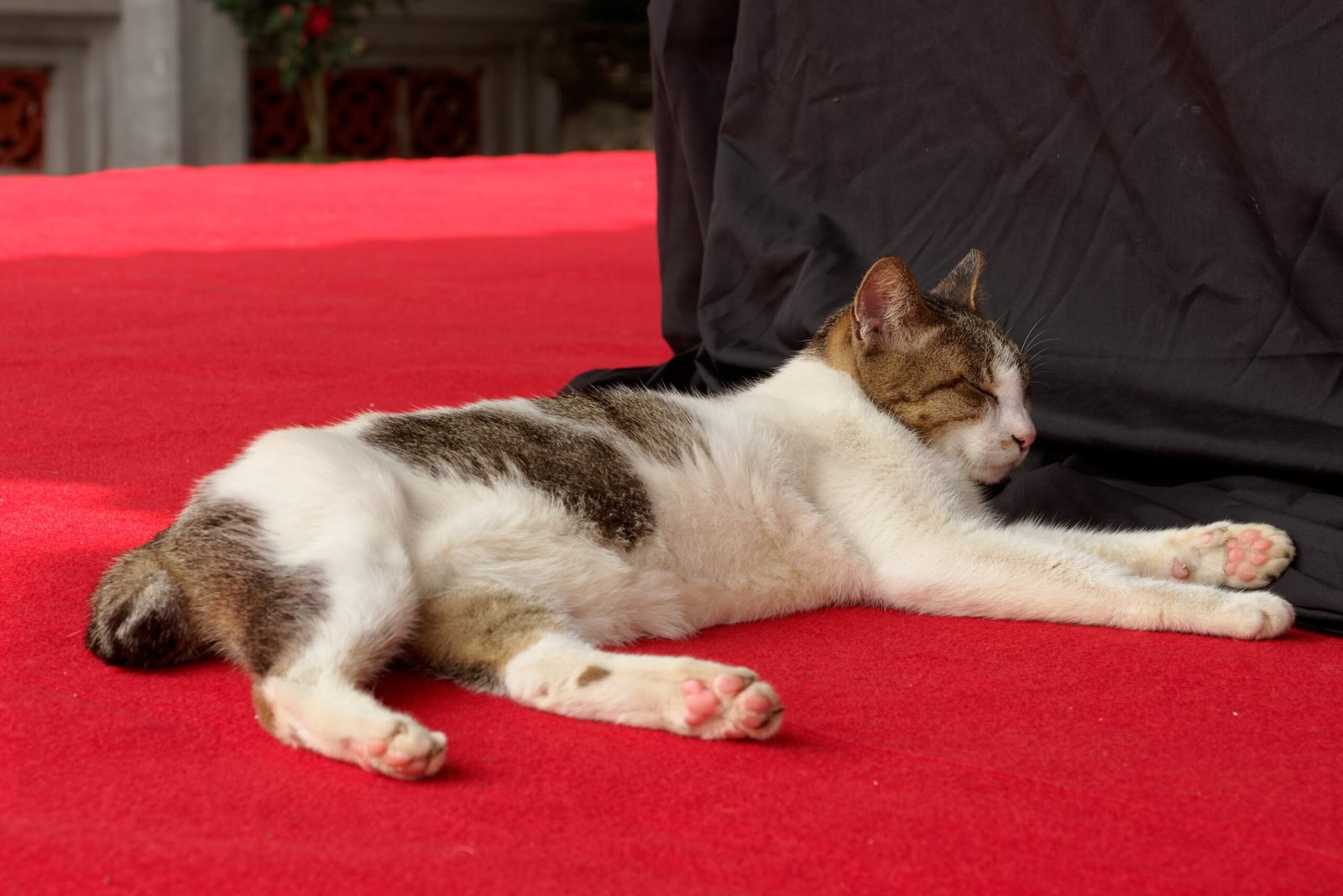
Cats are professional nappers, sleeping between 12 and 16 hours a day. Some cats even sleep up to 20 hours, especially when they’re kittens or seniors. Much of this sleep happens in hidden spots where they feel completely secure. If your cat goes missing for long stretches, chances are they’ve found a perfect, undisturbed place for a snooze. Deep sleep is crucial for their health, helping their bodies and minds recover. When they finally reappear, they’re often refreshed and ready for play or cuddles.
Escaping Overstimulation: Too Much of a Good Thing

Cats can get overwhelmed by too much attention, noise, or activity. Kids running around, loud TVs, or even an overly enthusiastic petting session can be too much. When this happens, a cat will retreat to regroup. Their disappearing act is a way to reset, to find peace and quiet. Think of it like hitting the mute button on life for a while. After some time alone, they’ll return much calmer, ready to interact again on their terms.
Guarding Their Own Health: Hiding When Unwell
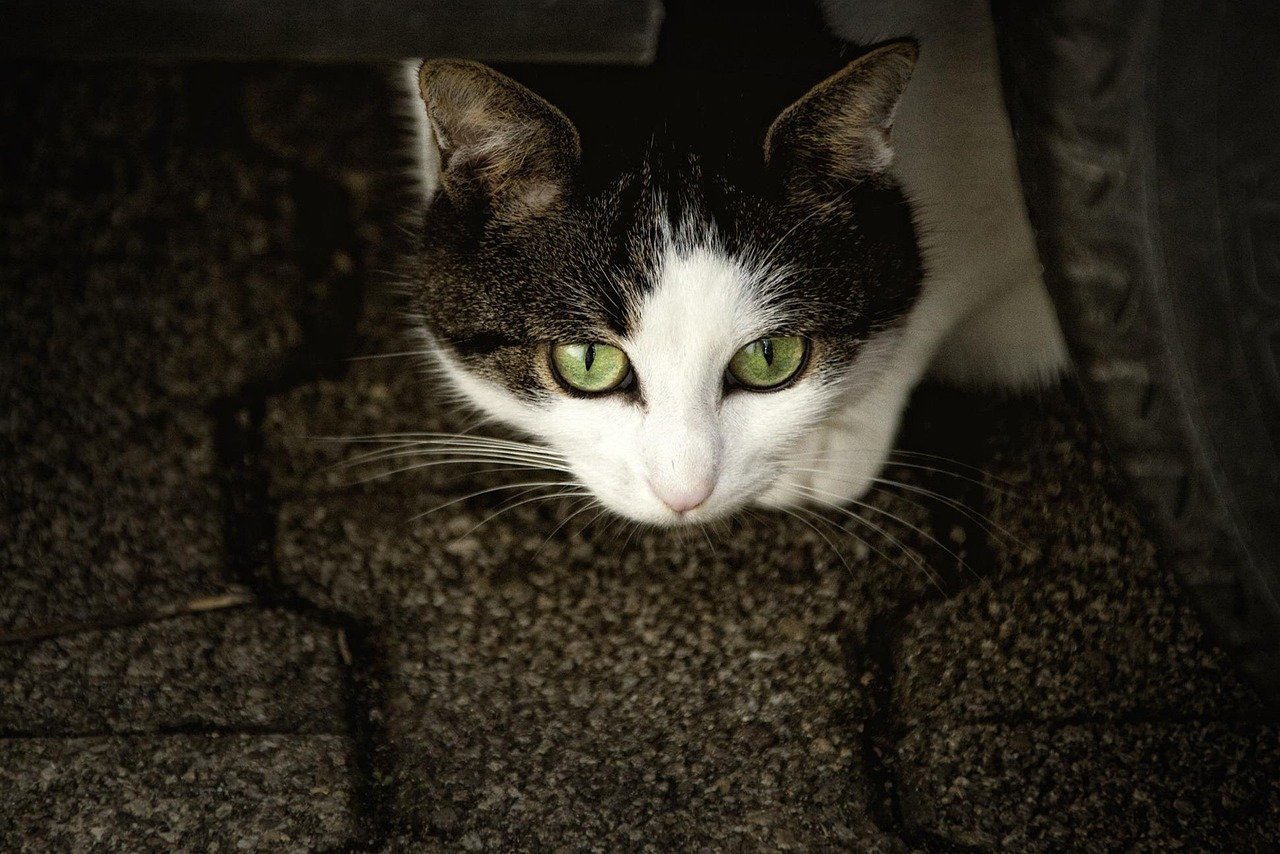
One important reason cats may hide for hours is if they’re not feeling well. In the wild, showing weakness attracts predators, so cats are masters at concealing illness. If your cat suddenly disappears more than usual, seems lethargic, or avoids food and water, pay close attention. These could be signs of illness or injury. It’s always wise to check on your cat if their hiding becomes excessive or is accompanied by other changes in behavior.
Reacting to Changes in the Home

Cats are creatures of habit. Moving furniture, introducing new pets, or even changing your daily routine can unsettle them. When their environment feels unfamiliar, they’ll retreat to their safe spaces until things settle down. This period of adjustment may mean longer or more frequent absences. It’s their way of coping and adapting. Given time and patience, most cats will return to their usual routines once they feel secure again.
Bonding with “Secret” Objects
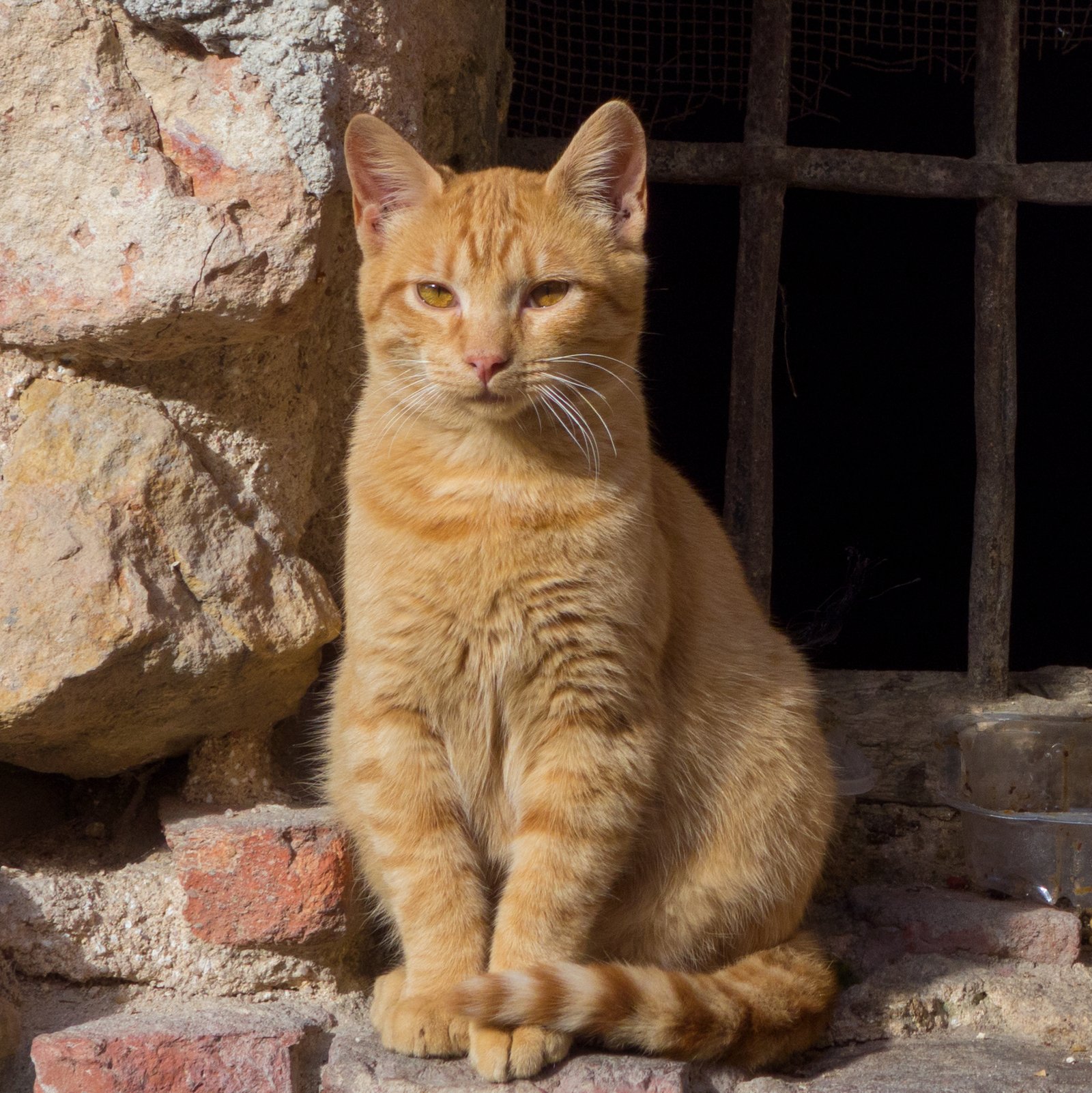
Have you ever found your cat curled up on a forgotten sweater or your gym bag? Cats are drawn to objects that carry your scent, or that feel soft and comforting. Sometimes, they seek out these secret treasures and claim them as their own. These objects become private comfort zones, hidden away from the rest of the world. If your cat disappears, they might simply be indulging in some alone time with their favorite “stolen” item.
Following Rituals and Habits
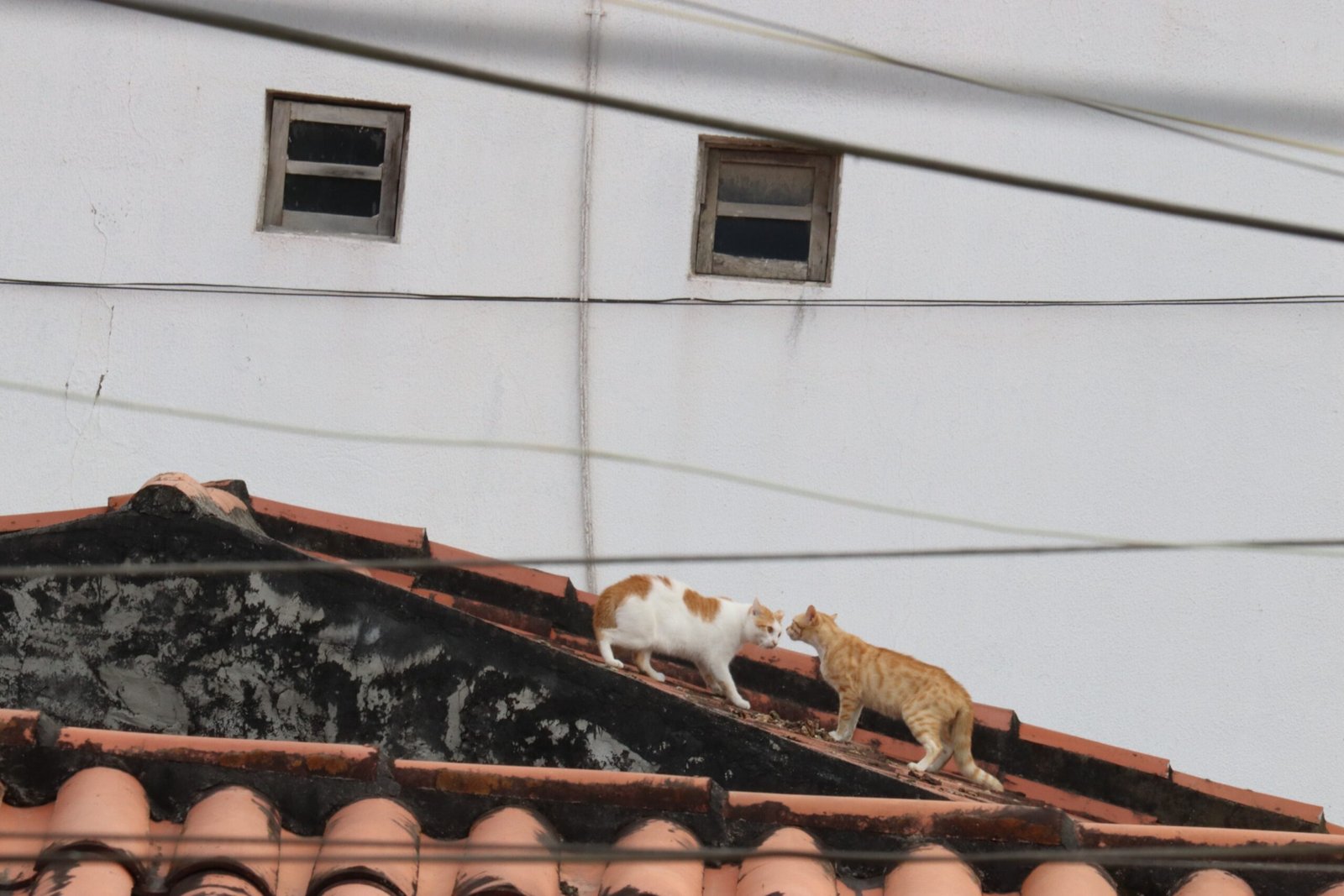
Cats thrive on routines. Whether it’s a nap after breakfast or a patrol at sunset, their days are filled with rituals. When your cat disappears at the same time each day, it’s likely part of their personal schedule. These habits give them a sense of control and predictability in their world, which is comforting. Respecting their routines helps them feel safe and at ease, and explains many of their mysterious absences.
Communicating Boundaries: “Me Time” Matters
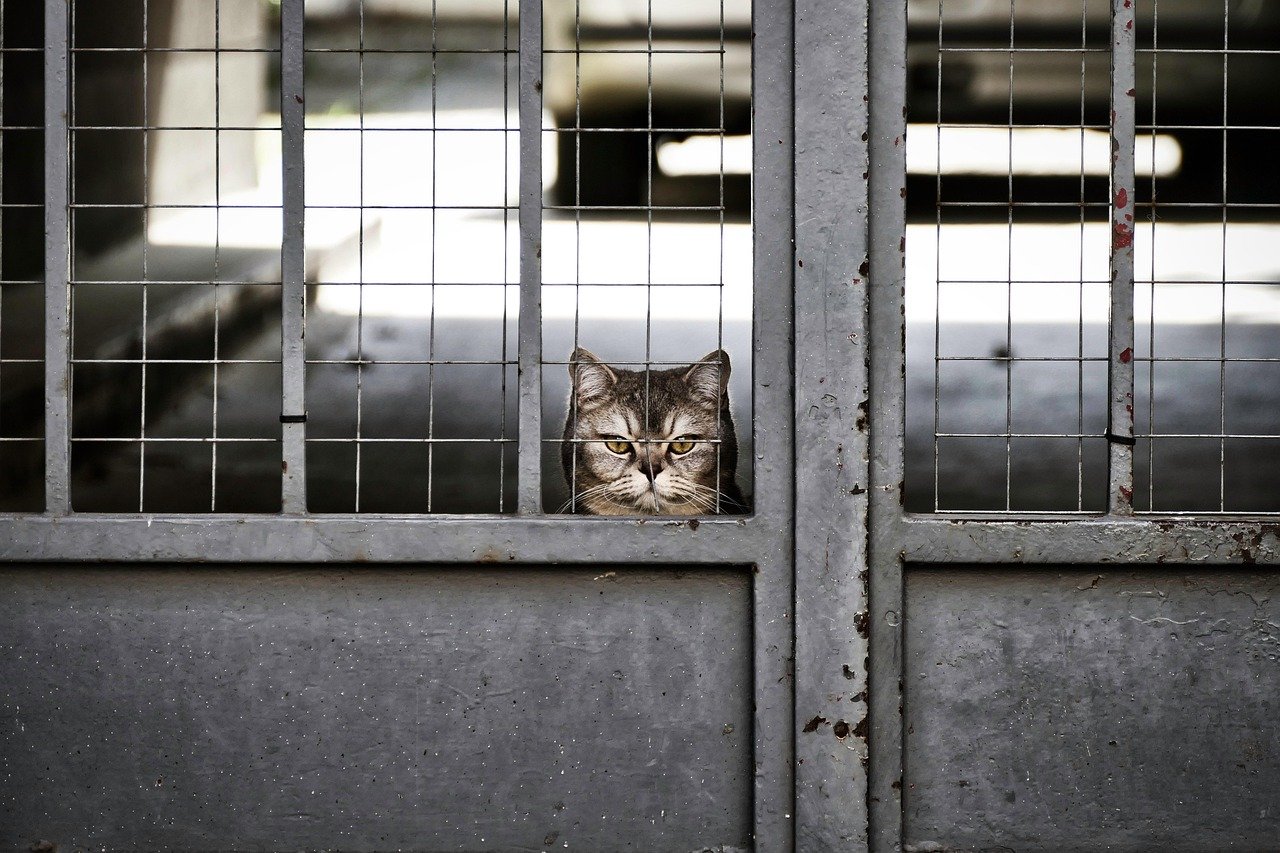
Disappearing for hours is often your cat’s way of setting boundaries. It’s their way of saying, “I need some space right now.” This is especially true in multi-pet households or busy homes. Giving them the freedom to come and go as they please reinforces trust and respect. When they return, they’ll be more open to attention and affection, knowing their independence is valued.
Testing New Hiding Places

Cats love novelty, and sometimes they disappear just to try out new hiding spots. A recently opened cupboard, an empty box, or a pile of laundry is an invitation to explore. These new spaces become temporary retreats until the next interesting spot appears. For cats, life is a series of hide-and-seek games, constantly searching for the ultimate hiding place.
Embracing Their Inner Mystery
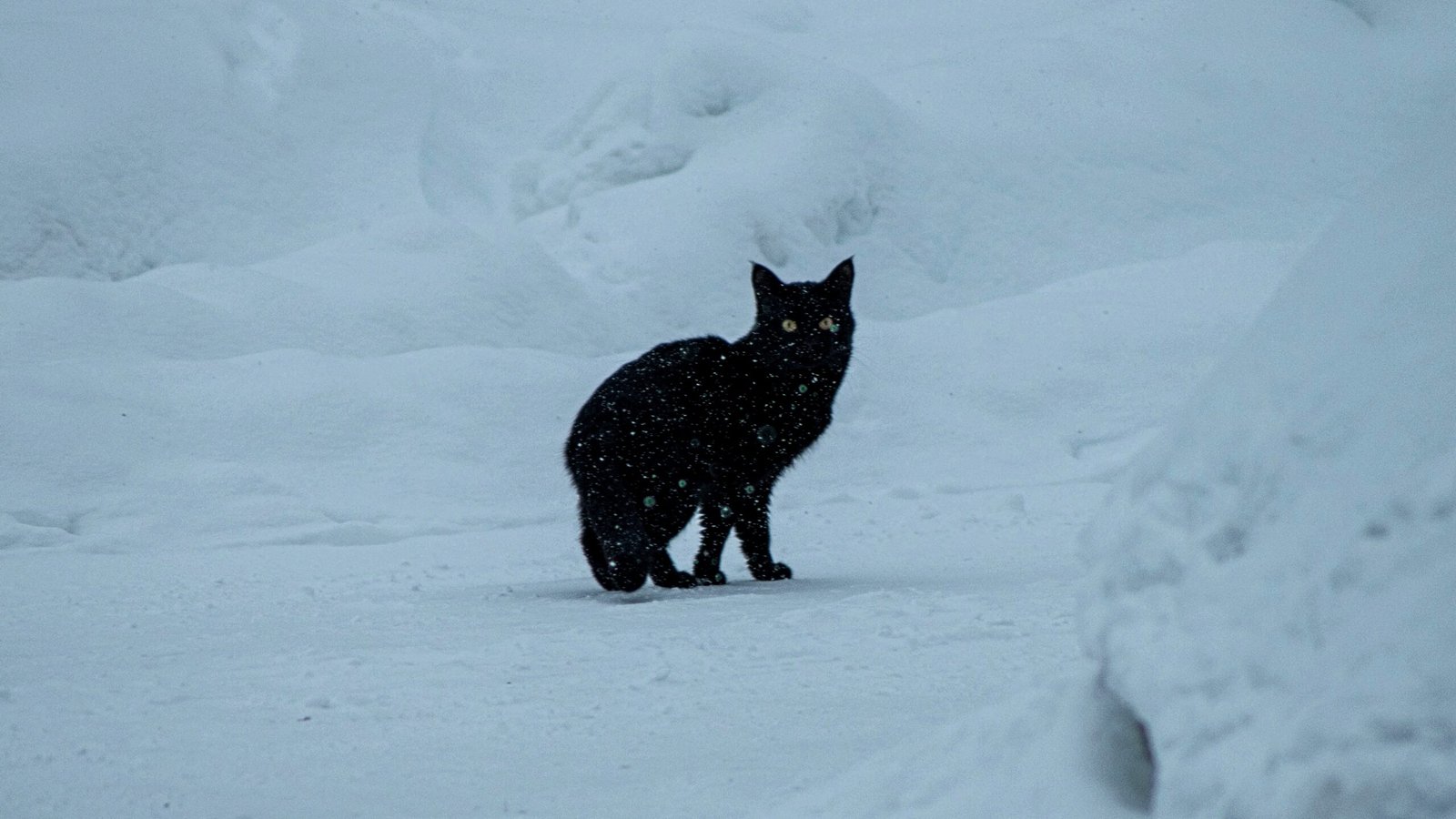
Part of what makes cats so captivating is their air of mystery. Their disappearances remind us that, no matter how domesticated they seem, they’re still wild at heart. Their secret lives keep us guessing, sparking curiosity and deepening our bonds. Each time your cat vanishes and reappears, it’s a reminder of their independence and spirit. And honestly, isn’t that a little bit magical?
Giving Us a Reason to Wonder
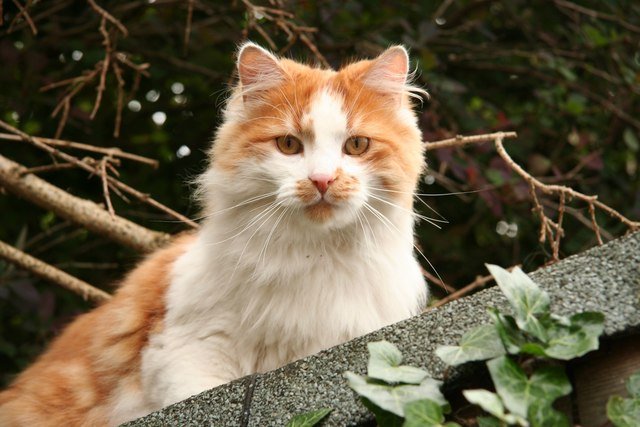
Ultimately, when cats disappear for hours—even indoors—they’re teaching us to appreciate their quirks, respect their boundaries, and marvel at their complexity. Their secret journeys fill our homes with a sense of adventure and mystery. Every vanishing act is an invitation to wonder, to imagine what they might be up to in their hidden world. Isn’t it funny how a cat can make even the smallest home feel like an unexplored frontier?
Hi, I’m Bola, a passionate writer and creative strategist with a knack for crafting compelling content that educates, inspires, and connects. Over the years, I’ve honed my skills across various writing fields, including content creation, copywriting, online course development, and video scriptwriting.
When I’m not at my desk, you’ll find me exploring new ideas, reading books, or brainstorming creative ways to solve challenges. I believe that words have the power to transform, and I’m here to help you leverage that power for success.
Thanks for stopping by, Keep coming to this website to checkout new articles form me. You’d always love it!






